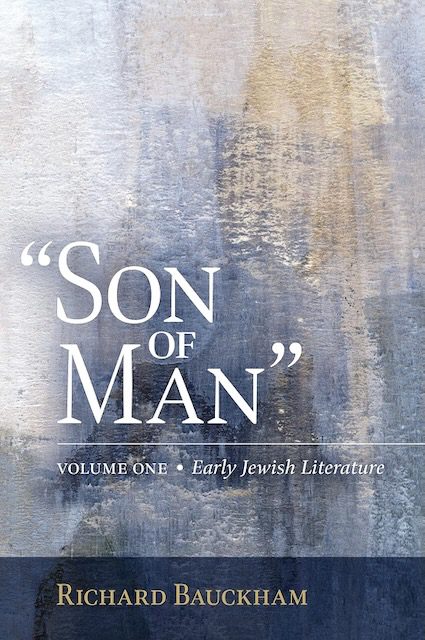Q. One thing that has struck me is how different the discussion in Dan. 7 is from the discussion in 2 Sam. 7. In the latter, there is talk about dynastic succession— after King David, then his son and so on. Here, in Dan. 7 we seem to hear about a particular person ruling the nations forever and superceding the four beastly empires—no dynastic succession at all. And yet you seem to associate Dan. 7, if I’m reading you right, with the Davidic line. How so, and why? I ask especially because later Jesus wants to stress that the messianic figure was not merely or not primarily David’s descendant but rather David’s lord, based on an interesting exegesis of Ps. 110.
A. I do not associate the figure in Dan 7:13 with the Davidic Messiah (I never express an opinion about the historical meaning of Daniel 7). The Second Temple Jewish literature I have studied does. A very clear example is 4 Ezra 13. Your point about 2 Sam 7 is a good example of how we need to read as Jewish exegetes did. Your reading is a historical one, what the text would likely have meant in its original context, but that is not how Jewish exegetes (or NT writers) read it. They read it in combination with texts about the Davidic messiah which they took to mean that his reign will be eternal: Isa 9:7; Ezek 37:25; Ps 72:5-7. This is how Isa 9:7 is understood in Luke 1:32-33, where what Gabriel says about the Davidic Messiah would not have come as a surprise to any of Mary’s or Jesus’s contemporaries. I cannot think of a writing of this period in which the Messiah son of David is expected to have a ordinary lifetime of rule and be succeeded by descendants.













